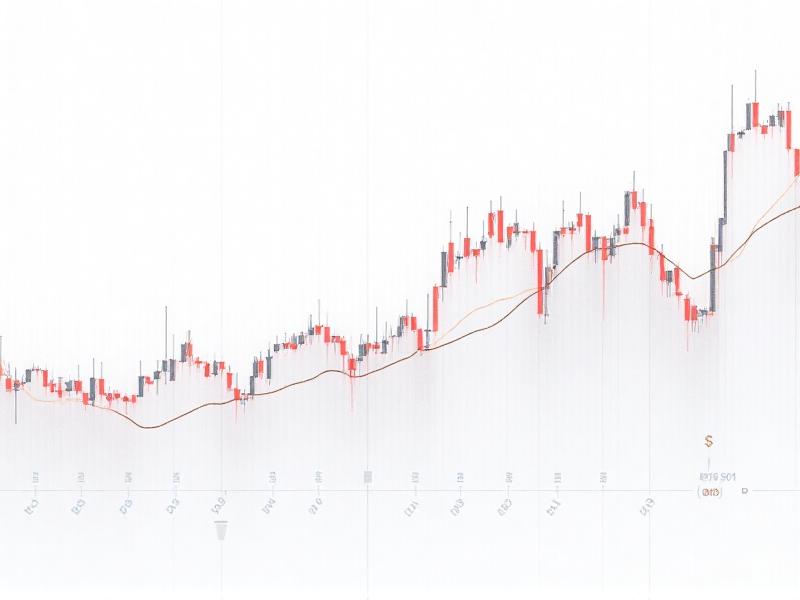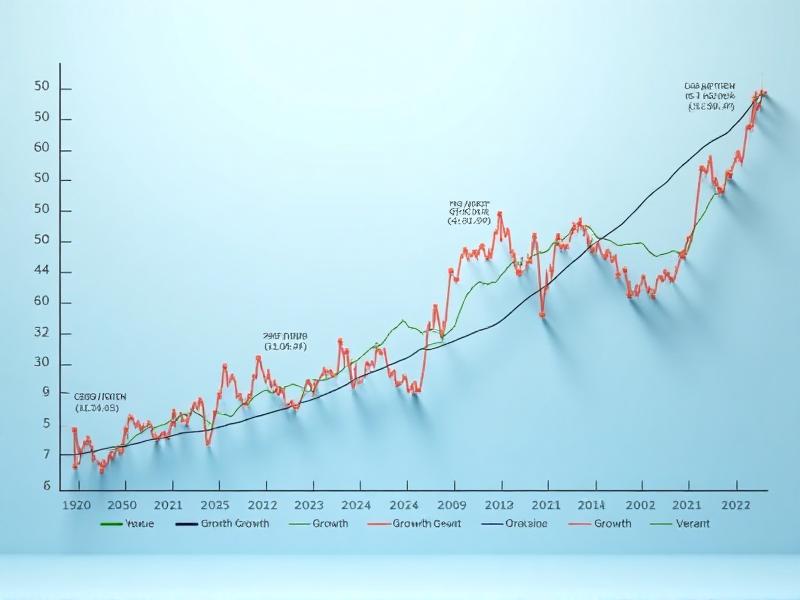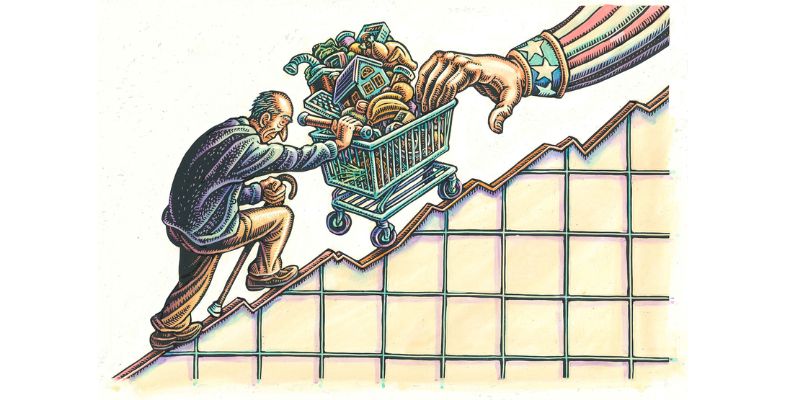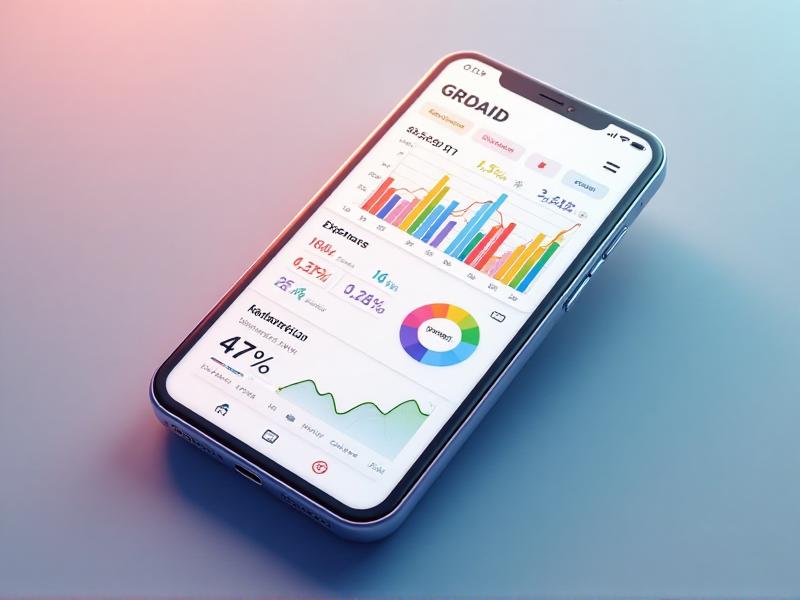
A Comprehensive Guide to Trading Options in Roth IRAs

Your Perfect Weekend Guide to South Beach, Miami

The Role of AI in Financial Planning

How to Invest in Bonds for Stability and Income
How to Use Fintech for Debt Management
Apr 24, 2025 By Juliana Daniel
Understanding Fintech and Its Role in Debt Management
Financial technology, or fintech, has revolutionized the way we manage our finances. From mobile banking to investment apps, fintech has made financial services more accessible and efficient. One area where fintech has shown significant promise is debt management. Traditional methods of managing debt often involve complex processes, high fees, and a lack of transparency. Fintech solutions, on the other hand, offer streamlined, user-friendly platforms that can help individuals take control of their debt.
Fintech for debt management encompasses a wide range of tools and services, including budgeting apps, debt consolidation platforms, and credit score monitoring tools. These solutions leverage advanced technologies such as artificial intelligence, machine learning, and blockchain to provide personalized, data-driven insights. By using these tools, individuals can gain a clearer understanding of their financial situation, identify areas for improvement, and develop effective strategies for paying off debt.
The Benefits of Using Fintech for Debt Management
One of the primary benefits of using fintech for debt management is the convenience it offers. With just a few taps on a smartphone, users can access their financial information, track their spending, and monitor their debt repayment progress. This level of accessibility is particularly valuable for individuals with busy schedules who may not have the time to visit a bank or financial advisor in person.
Another advantage is the cost-effectiveness of fintech solutions. Many fintech platforms offer free or low-cost services, making them more affordable than traditional financial advisors or debt management companies. Additionally, fintech tools often provide real-time updates and alerts, helping users stay on top of their finances and avoid late fees or penalties.
Fintech also promotes financial literacy by providing educational resources and personalized recommendations. Users can learn about different debt repayment strategies, such as the snowball or avalanche methods, and choose the one that best suits their needs. By empowering individuals with knowledge and tools, fintech can help them make informed decisions and achieve their financial goals.
Popular Fintech Tools for Debt Management
There are numerous fintech tools available that cater to different aspects of debt management. Budgeting apps like Mint and YNAB (You Need A Budget) help users track their income and expenses, set financial goals, and create budgets. These apps provide a comprehensive overview of a user's financial health, making it easier to identify areas where they can cut back and allocate more funds toward debt repayment.
Debt consolidation platforms, such as SoFi and LendingClub, allow users to combine multiple debts into a single loan with a lower interest rate. This can simplify the repayment process and reduce the overall cost of debt. Additionally, these platforms often offer flexible repayment terms and personalized loan options, making it easier for users to find a solution that fits their needs.
Credit score monitoring tools, like Credit Karma and Experian, provide users with regular updates on their credit scores and reports. These tools also offer insights into factors that may be affecting their credit, such as high credit card balances or late payments. By staying informed about their credit status, users can take proactive steps to improve their credit score and qualify for better financial products in the future.
How to Choose the Right Fintech Solution for Your Needs
With so many fintech tools available, it can be challenging to determine which one is right for you. The first step is to assess your financial situation and identify your specific needs. For example, if you're struggling with multiple high-interest debts, a debt consolidation platform may be the best option. On the other hand, if you need help with budgeting and expense tracking, a budgeting app may be more suitable.
It's also important to consider the features and functionality of each tool. Look for platforms that offer user-friendly interfaces, robust security measures, and reliable customer support. Reading reviews and testimonials from other users can provide valuable insights into the effectiveness and reliability of a particular tool.
Finally, consider the cost of the service. While many fintech tools offer free versions, some may require a subscription or charge fees for premium features. Make sure to evaluate the cost-benefit ratio and choose a tool that offers the best value for your money. By taking the time to research and compare different options, you can find a fintech solution that meets your needs and helps you achieve your financial goals.
Integrating Fintech into Your Debt Repayment Strategy
Once you've chosen the right fintech tool, the next step is to integrate it into your debt repayment strategy. Start by setting clear financial goals, such as paying off a specific amount of debt within a certain timeframe. Use the tool to create a detailed budget that outlines your income, expenses, and debt payments. This will help you stay organized and ensure that you're allocating enough funds toward debt repayment.
Take advantage of the tool's features to track your progress and make adjustments as needed. For example, if you receive a bonus or unexpected income, you can use the tool to allocate the extra funds toward your debt. Additionally, use the tool's alerts and reminders to stay on top of due dates and avoid late payments.
It's also important to regularly review your financial situation and make adjustments as needed. Life circumstances can change, and your debt repayment strategy should be flexible enough to accommodate these changes. By consistently using your fintech tool and staying committed to your goals, you can make steady progress toward becoming debt-free.
The Future of Fintech in Debt Management
The fintech industry is constantly evolving, and the future of debt management looks promising. Advances in artificial intelligence and machine learning are expected to further enhance the capabilities of fintech tools, providing even more personalized and accurate insights. For example, AI-powered chatbots can offer real-time financial advice and answer users' questions, making it easier for them to navigate their debt repayment journey.
Blockchain technology is also expected to play a significant role in the future of fintech. By providing a secure and transparent way to record financial transactions, blockchain can help reduce fraud and improve the efficiency of debt management processes. Additionally, the rise of decentralized finance (DeFi) platforms could offer new opportunities for individuals to access financial services and manage their debt without relying on traditional banks.
As fintech continues to grow, it's likely that we'll see even more innovative solutions that cater to the diverse needs of consumers. By staying informed about the latest developments and embracing new technologies, individuals can take advantage of these advancements to improve their financial health and achieve their debt management goals.

How to Use Futures Contracts for Hedging

The Pros and Cons of Margin Trading

Unforgettable Pilgrimages: Top Temples in Andhra Pradesh

The Financial Impact of Social Comparisons

How to Invest in Value Stocks for Long-Term Gains

How to Use ETFs for Environmental, Social, and Governance (ESG) Investing

Social Security and Cost-of-Living Adjustments (COLA)

How to Use Budgeting Apps to Manage Your Money
Advertisement
